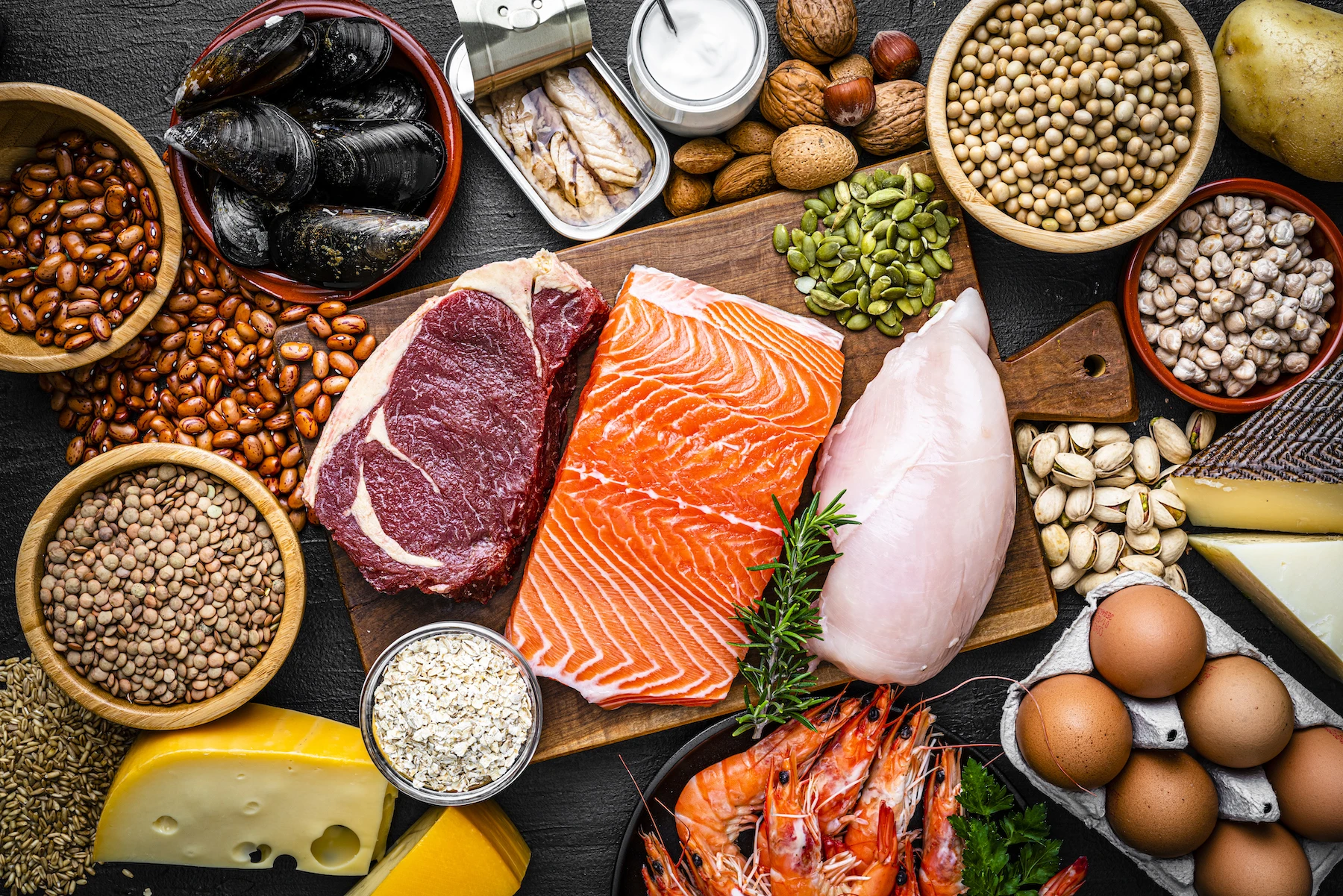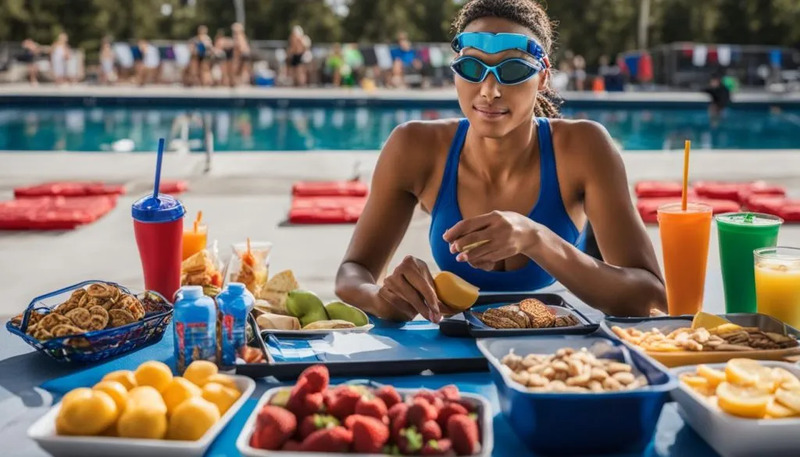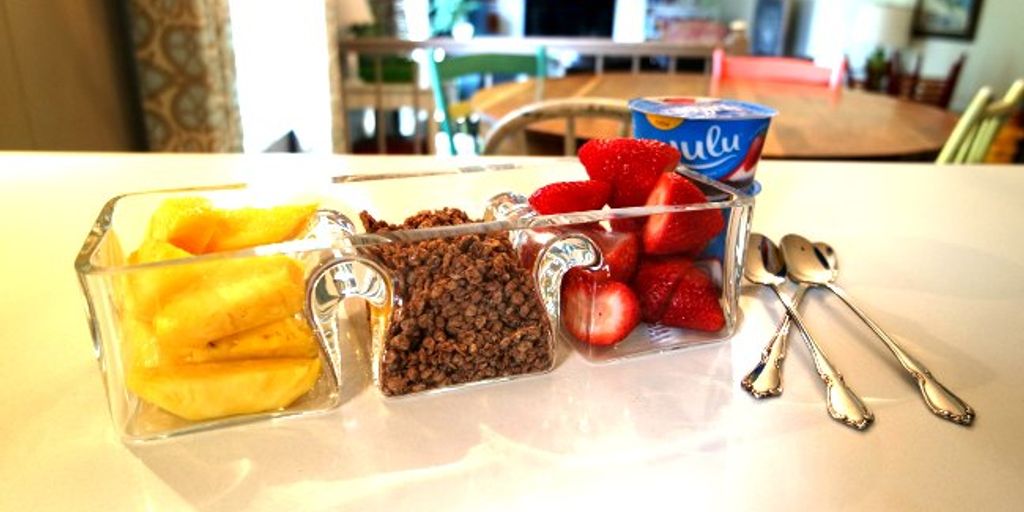Creating an optimal diet plan for swimmers is crucial to enhance their performance and ensure a successful swimming journey. This article delves into various aspects of a swimmer’s diet, highlighting what to eat before and after swimming, the importance of hydration, daily meal planning, the role of supplements, and how to handle dietary challenges during competitions and seasonal changes.
Key Takeaways
- Understand the importance of a balanced diet rich in carbohydrates, proteins, and healthy fats tailored to a swimmer’s needs.
- Prioritize hydration by consuming adequate fluids before, during, and after training to maintain peak performance.
- Incorporate high-carbohydrate meals before swimming to maximize energy levels and endurance.
- Focus on protein-rich foods after swimming for efficient muscle repair and recovery.
- Adjust your diet according to seasonal changes and competition schedules to maintain optimal nutrition.
Fueling Up: What to Eat Before a Swim
Carb-loading for Energy
Carb-loading isn’t just for marathon runners! Swimmers can benefit greatly from high-carbohydrate meals a few hours before diving in. This ensures a steady supply of energy throughout your swim. Opt for meals that are low in fiber and fat to avoid any stomach discomfort.

Carb-loading for Energy
Timing Your Meals
Timing is crucial when it comes to pre-swim meals. It’s best to eat a substantial carb-rich meal 2 to 4 hours before swimming. This gives your body enough time to digest and convert food into energy. Remember, eating too close to your swim time can lead to cramps or discomfort!
Ideal Pre-Swim Snacks
If you’re close to swim time and need a quick energy boost, go for easily digestible snacks. Here’s a handy list:
- A banana or an apple
- A rice crispy square
- A granola bar
- A couple of crackers
These snacks provide a quick source of energy and are easy on the stomach, making them perfect for those last-minute munchies before you hit the pool.
Post-Swim Recovery Foods
Proteins for Muscle Repair
After you’ve pushed through those laps, your muscles are begging for some TLC. Protein is your go-to nutrient for muscle repair. Think grilled chicken, fish, or a scoop of whey protein blended into a smoothie. These protein powerhouses help repair and rebuild muscle tissues, getting you ready for your next swim.
Rehydrating After the Pool
Chugging water isn’t the only way to rehydrate. Include electrolyte-rich fluids like coconut water or sports drinks. They not only quench your thirst but also replace the salts lost during a sweaty swim session. Remember, staying hydrated is crucial for optimal muscle function and overall health.

Rehydrating After the Pool
Read more: Crafting a Nutrition Plan for Competitive Swimmers
Quick and Nutritious Post-Swim Meals
Who says quick can’t be nutritious? Whip up a turkey and avocado wrap or blend a berry and banana smoothie. These meals are not only fast to prepare but also packed with the nutrients needed for recovery. Here’s a quick list of some go-to post-swim meals:
- Turkey and avocado wrap
- Berry and banana smoothie
- Greek yogurt with honey and almonds
- Omelette stuffed with veggies
Make sure to refuel within 30 minutes of your swim to maximize recovery and prepare for your next session!
Hydration: A Swimmer’s Best Friend
Importance of Staying Hydrated
Hydration is crucial for swimmers, not just for maintaining performance but also for overall health. It regulates body temperature, lubricates joints, and helps in nutrient transport. Staying hydrated can make the difference between a good and a great swim session.
Best Fluids for Swimmers
Water is typically the go-to, but for longer or more intense sessions, consider sports drinks. These provide not only hydration but also carbohydrates and electrolytes, which are essential during prolonged physical activity.
Hydration Schedules for Training Days
- Morning: Start with a glass of water right after waking up.
- Pre-training: Drink at least 500ml of water 2 hours before hitting the pool.
- During training: Sip small amounts every 15-20 minutes.
- Post-training: Replenish with water or a sports drink, especially if the session was intense.
Always keep a water bottle handy during training to ensure you’re well-hydrated throughout your swim.
Everyday Meals for Swimmers
Balancing Macronutrients
Balancing macronutrients is crucial for maintaining energy levels and overall health. Swimmers need a mix of carbohydrates, proteins, and fats to fuel their rigorous training schedules. Carbohydrates should be the main source of energy, making up about 50-60% of their total caloric intake. Proteins are essential for muscle repair and should constitute about 15-20%, while fats should account for the remaining 20-30%.
Recipes for Success
Creating a variety of tasty and nutritious meals is key to keeping things interesting. Here are a few recipes that are popular among swimmers:
- Pasta with lean chicken and a side of steamed vegetables
- Grilled salmon with quinoa and a fresh salad
- Oatmeal with berries and a scoop of protein powder
These meals ensure a good balance of all necessary nutrients and are easy to prepare, making them perfect for a swimmer’s busy schedule.
Managing Portions and Frequency
Eating the right amount at the right times is just as important as what you eat. Swimmers should aim for three main meals and 2-3 snacks per day to keep their energy levels consistent. Portion sizes should be adjusted based on training intensity and body weight goals. It’s important to listen to your body and adjust your intake accordingly.
The Role of Supplements in a Swimmer’s Diet Plan
When to Consider Supplements
Supplements can be a game-changer for swimmers looking to enhance performance and recovery. It’s crucial to introduce supplements when regular diet alone does not meet the nutritional demands of heavy training cycles. Always consult with a sports dietitian to tailor supplement use to your specific needs and goals.
Choosing the Right Supplements
Selecting the right supplements involves understanding what your body needs to perform at its peak. For swimmers, common choices include creatine for energy, caffeine for alertness, and omega-3 fatty acids for joint health. Here’s a quick breakdown:
| Supplement | Benefit |
|---|---|
| Creatine | Increases energy levels |
| Caffeine | Enhances alertness |
| Omega-3 | Supports joint health |
Natural vs. Synthetic Options
Opt for natural supplements whenever possible, as they are generally safer and more easily absorbed by the body. However, synthetic options can be beneficial in cases where higher concentrations are needed. It’s important to weigh the pros and cons of each type based on your health and performance goals.
Navigating Diet Challenges During Competitions
Eating on the Go
When you’re at a competition, finding the right food can be tricky. Always opt for familiar foods that you know agree with your stomach. Avoid experimenting with new or heavy meals that might slow you down or cause discomfort. Packing snacks like fruits, nuts, and energy bars can keep you fueled and ready without the hassle of finding suitable options on site.

Eating on the Go
Dealing with Nerves and Digestion
It’s common to feel nervous before a big race, which can upset your stomach. To combat this, eat light meals that are easy to digest. Foods like bananas, oatmeal, and yogurt are great choices. Remember, it’s better to eat small amounts frequently, rather than having a large meal that might make you feel sluggish or uncomfortable.
Adapting Your Diet for Travel
Traveling for competitions often disrupts your regular eating schedule and available food choices. Plan ahead by researching food options at your destination or packing meals that are non-perishable and easy to prepare. This ensures you maintain a diet that supports your performance, no matter where you are.
Tip: Always stay hydrated and keep your blood sugar levels steady by eating small, balanced meals throughout the day.
Seasonal Adjustments to the Swimmers Diet Plan
Summer Hydration Tips
As the temperatures rise, staying hydrated becomes even more crucial for swimmers. Make sure to increase your water intake and include electrolyte-rich drinks to prevent dehydration. Here’s a quick guide on what to drink:
- Water: 8-10 glasses daily
- Electrolyte solutions: 2-3 servings
- Coconut water: 1-2 servings
Winter Comfort Foods
During the colder months, your body needs more calories to stay warm and energized. Opt for nutrient-dense, high-calorie foods like soups, stews, and casseroles. These meals not only provide the necessary energy but also help in maintaining a healthy weight and muscle mass.
Transitioning Diets Between Seasons
It’s important to adjust your diet as you move from one season to another. Reduce calorie intake as you taper off from peak training seasons and gradually introduce more seasonal fruits and vegetables. This helps in maintaining an optimal balance of nutrients and supports overall health and performance.
As the seasons change, so should the diet of a dedicated swimmer. Our latest article, ‘Seasonal Adjustments to the Swimmers Diet Plan,’ dives into the essential dietary shifts that can help swimmers maintain peak performance year-round. For more insightful tips and a deeper understanding, visit our website and explore our comprehensive Knowledge Hub on Nutrition & Health.
Dive Into Success with the Right Nutrition
As we wrap up our guide on creating an optimal swimmer’s diet plan, remember that your diet is as crucial as your training regimen. Embrace a balanced diet rich in carbohydrates, proteins, and healthy fats to fuel your swim sessions. Don’t forget the importance of hydration and timely meals to keep your energy levels high. Consult with a sports dietitian to tailor your nutrition to your specific needs, and let your diet be your secret weapon in the pool. Dive in, fuel up, and swim your way to success!
AUTHOR
Sang Nguyen
Sang Nguyen is a former national swimmer for Vietnam who has transitioned into coaching. With a passion for fostering a healthy swimming community and connecting like-minded individuals,......Read More
BLOG
Maybe You Are Interested
Good Swim Meet Snacks: What to Eat for Optimal Performance
Good nutrition is crucial for swimmers to maintain energy, recover quickly, and perform at their...
Read More...Optimizing Your Performance: The Best Diet for Swimming Training
Optimizing your performance in swimming is not just about rigorous training; it’s equally crucial to...
Read More...Achieve Peak Performance with This Diet Chart for Swimmers
Whether you’re a novice or an expert swimmer, understanding the right diet is crucial for...
Read More...Eating Like a Champion: Exploring the Diet of Michael Phelps
Michael Phelps, renowned for his Olympic triumphs, has a diet as extraordinary as his swimming...
Read More...Muscle Gain for Swimmers: Tailoring Your Diet for Strength
Swimming is a demanding sport that requires a tailored approach to nutrition to support muscle...
Read More...A Comprehensive Diet Plan To Gain Weight For Swimmers
Swimming is a demanding sport that requires meticulous attention to nutritional needs to optimize performance,...
Read More...